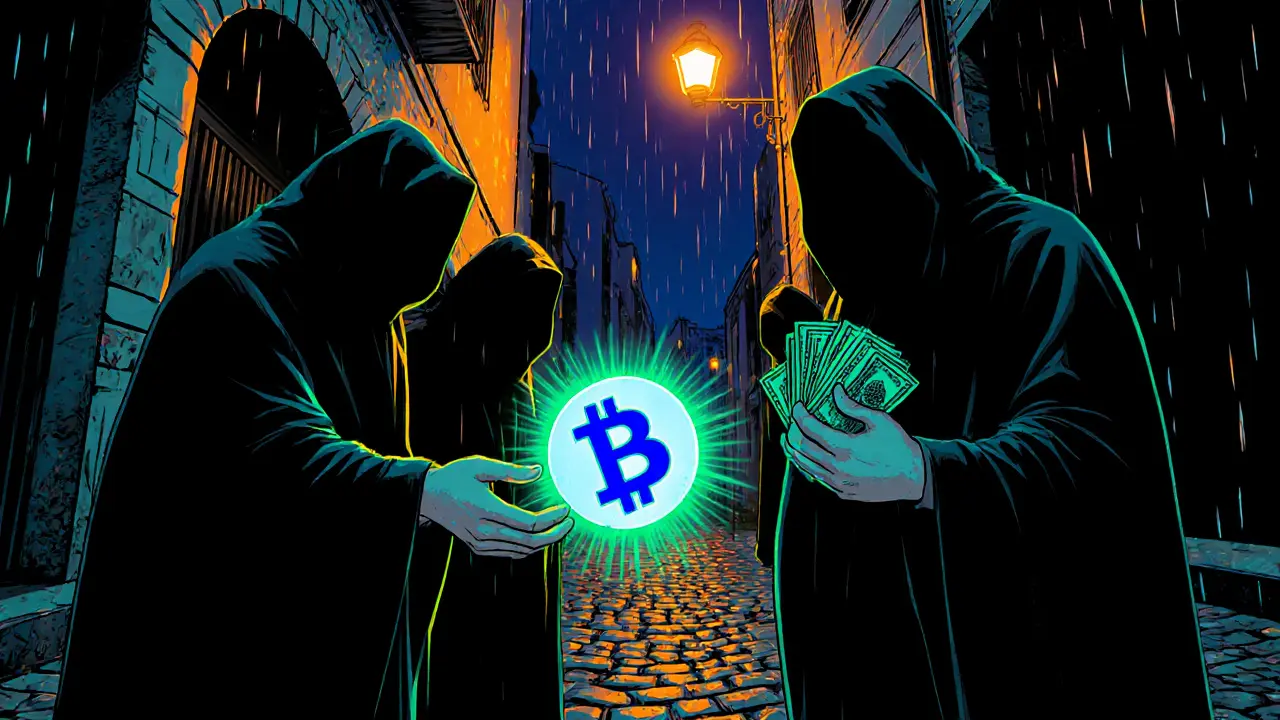Peer-to-Peer Crypto Algeria: How Crypto Works Without Banks
When banks won’t touch your money, people find another way. In peer-to-peer crypto Algeria, a decentralized way to buy and sell cryptocurrency directly between individuals, without intermediaries like exchanges or banks. Also known as P2P crypto trading, it’s become the backbone of digital finance for millions in countries where official channels are closed or unreliable. This isn’t theory—it’s daily life for Algerians using apps like Paxful, LocalBitcoins, and Telegram groups to trade Bitcoin, USDT, and other coins for cash or mobile money.
Why does this matter? Because Algeria has banned financial institutions from handling crypto since 2018. That didn’t stop demand—it just pushed it underground. Now, traders meet in cafes, swap cash in parking lots, or use mobile top-ups to settle deals. The price of Bitcoin here often trades at a premium, a higher price caused by scarcity, risk, and lack of legal access, sometimes 10-20% above global rates. That premium is the cost of freedom—people pay more because they have no other option. And while the government cracks down on VPNs and foreign platforms, P2P networks keep growing, powered by WhatsApp groups, local traders, and a young population hungry for financial independence.
This isn’t just about money. It’s about control. crypto without banks, a system where users hold their own keys and transact peer-to-peer, bypassing state-controlled finance gives people power they’ve never had before. You don’t need approval. You don’t need paperwork. You just need a phone and someone willing to trade. That’s why even with risks—scams, arrests, sudden policy shifts—people keep doing it. The same forces driving P2P crypto in Algeria are at work in Myanmar, Egypt, and Venezuela. The pattern is clear: when governments block access, people build alternatives.
What you’ll find in this collection are real stories and practical guides from the front lines. We break down how to trade safely, spot scams targeting Algerian users, understand the legal gray zones, and compare local payment methods like CIB and mobile wallets. You’ll see how traders adapt, what tools they rely on, and what happens when authorities show up. No fluff. No theory. Just what’s actually working on the ground.

Algeria's Underground Crypto Market After 2025 Ban
Explore how Algeria's 2025 crypto ban pushed the market underground, the methods users adopt, risks involved, and future outlook.
October 26 2025